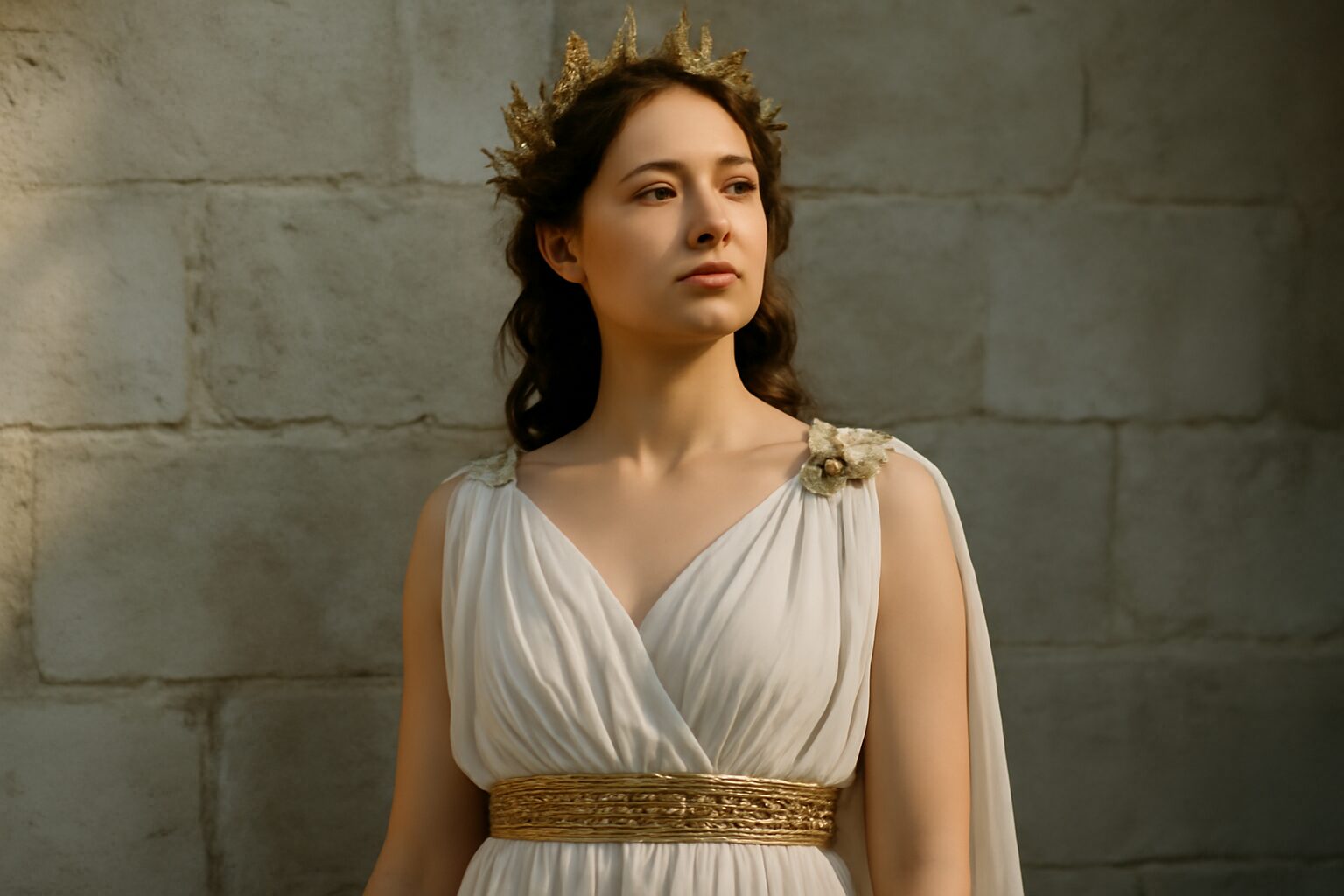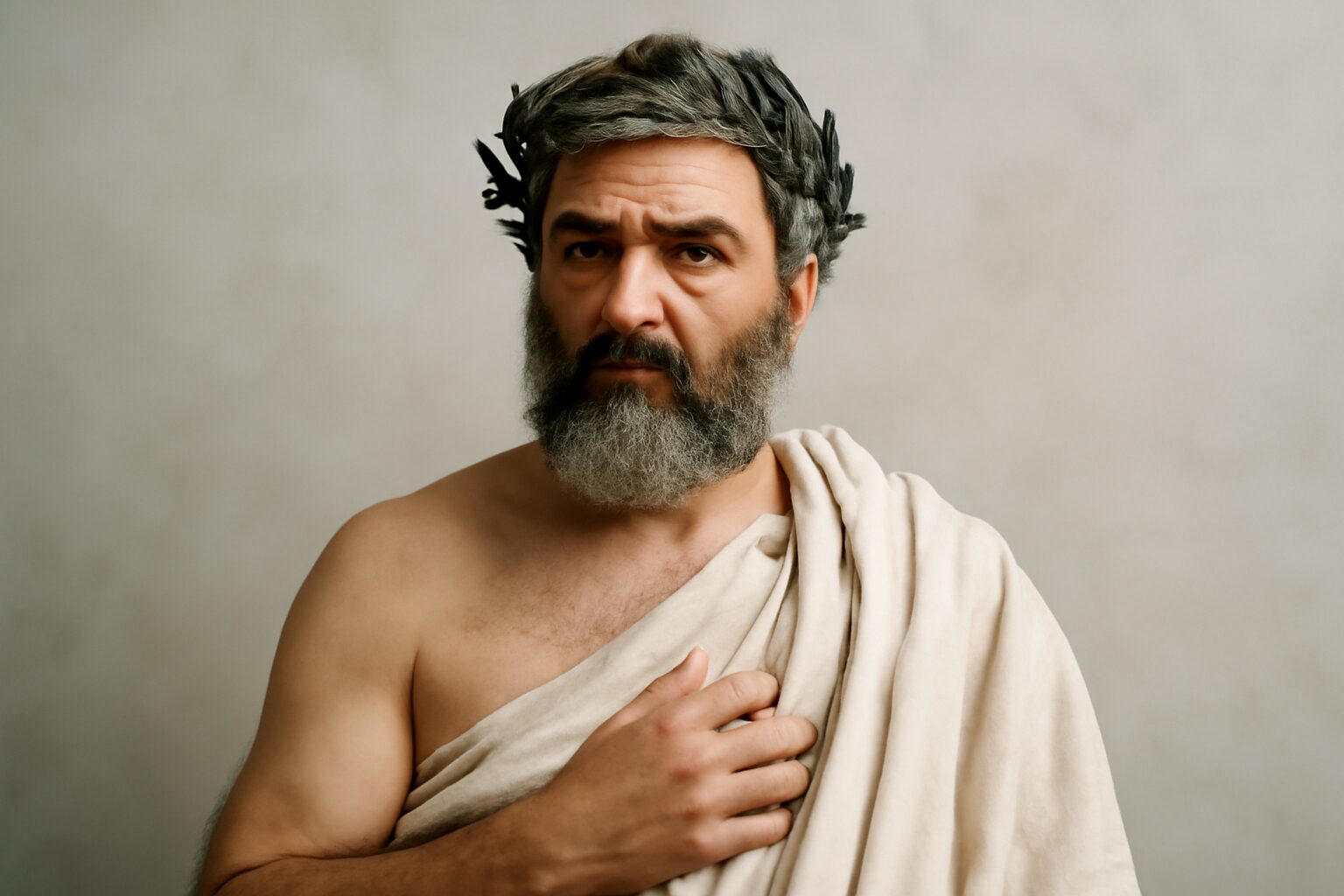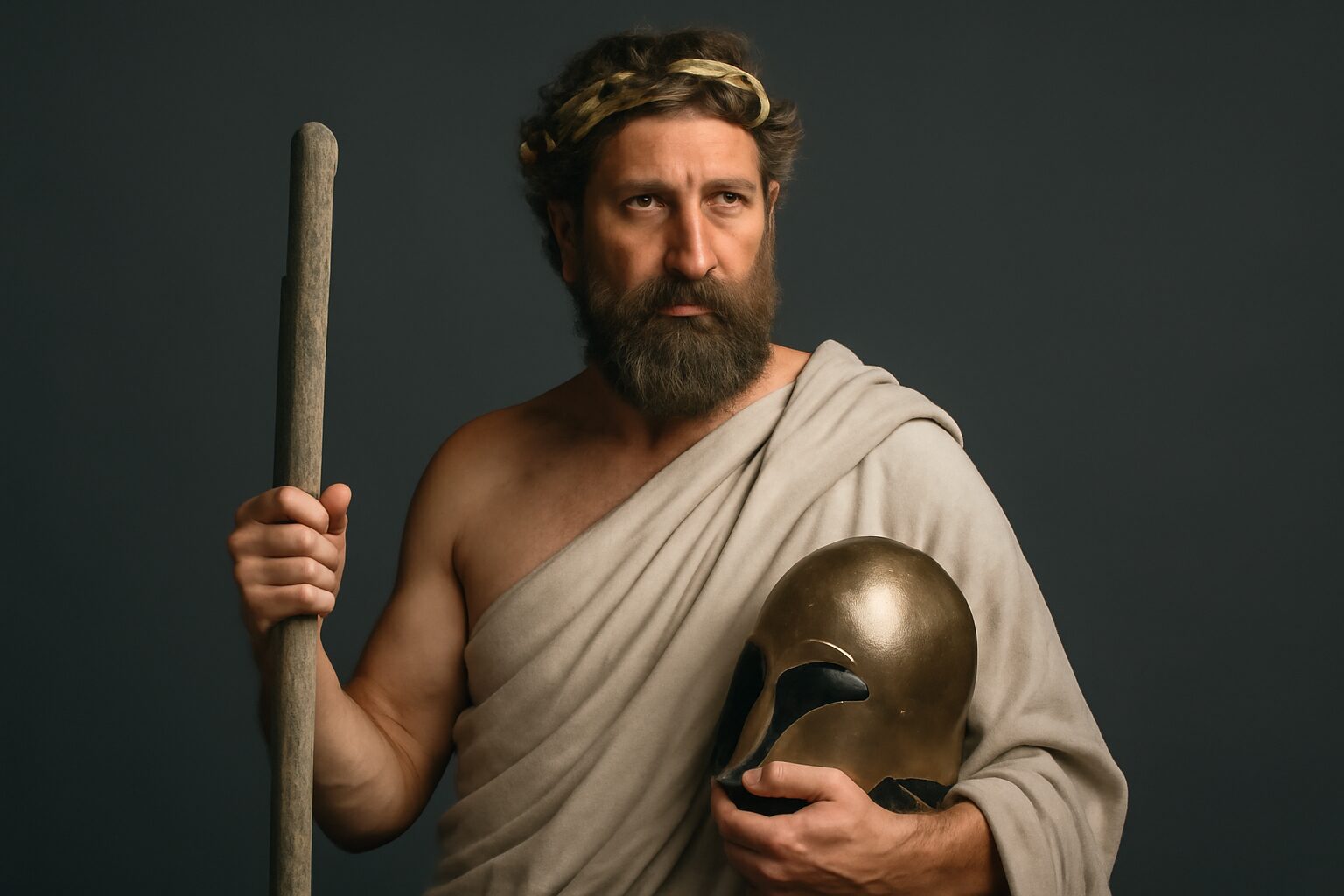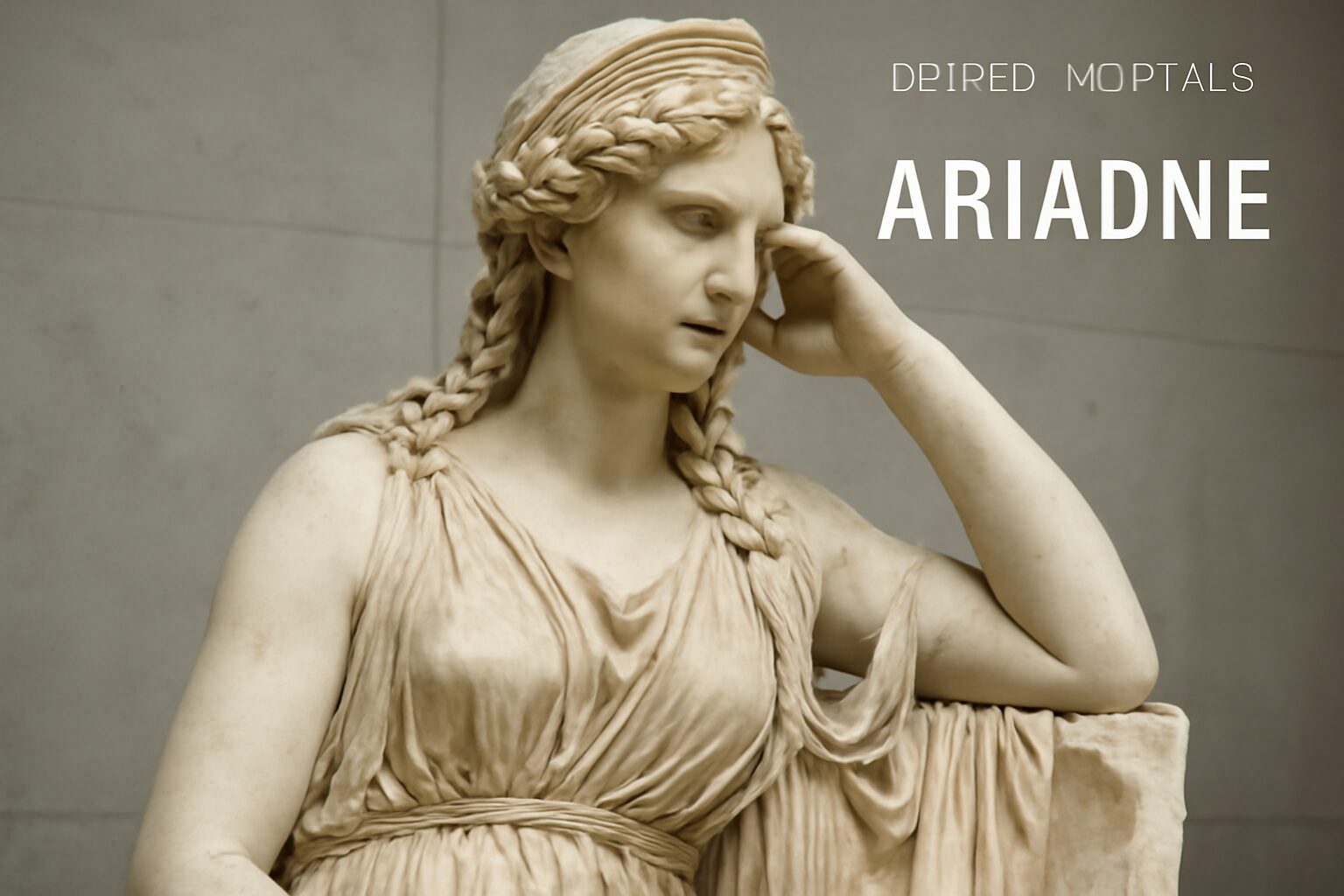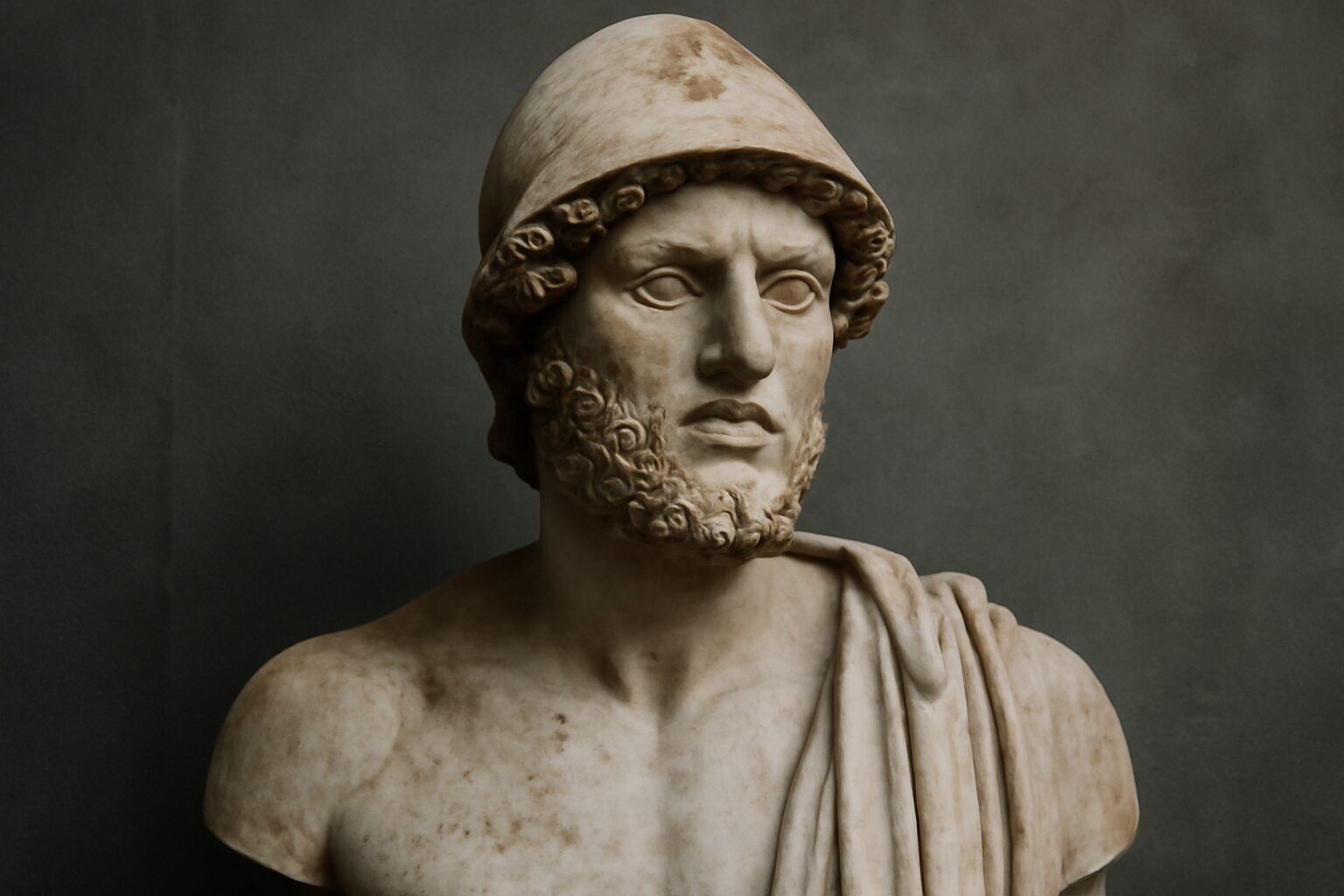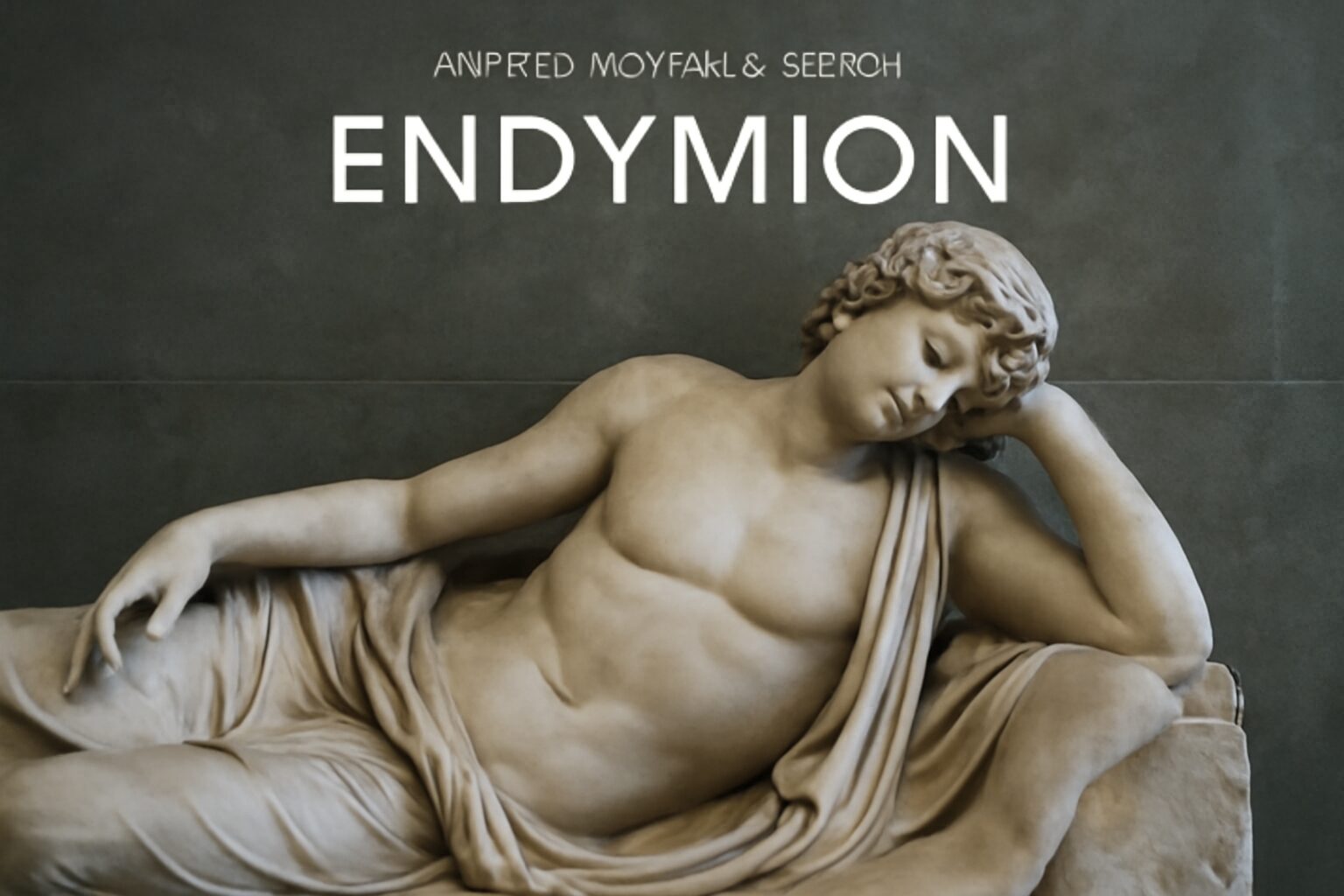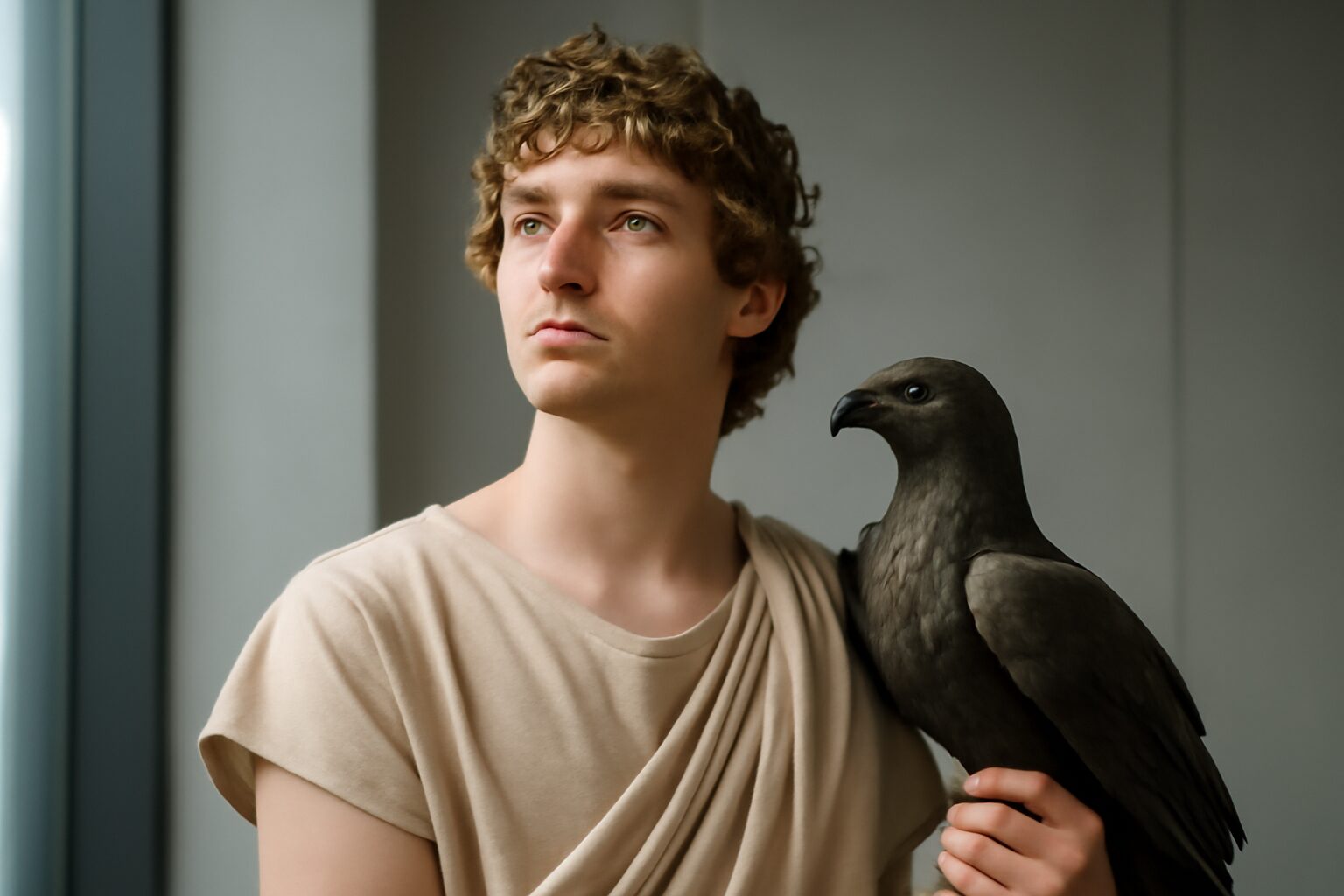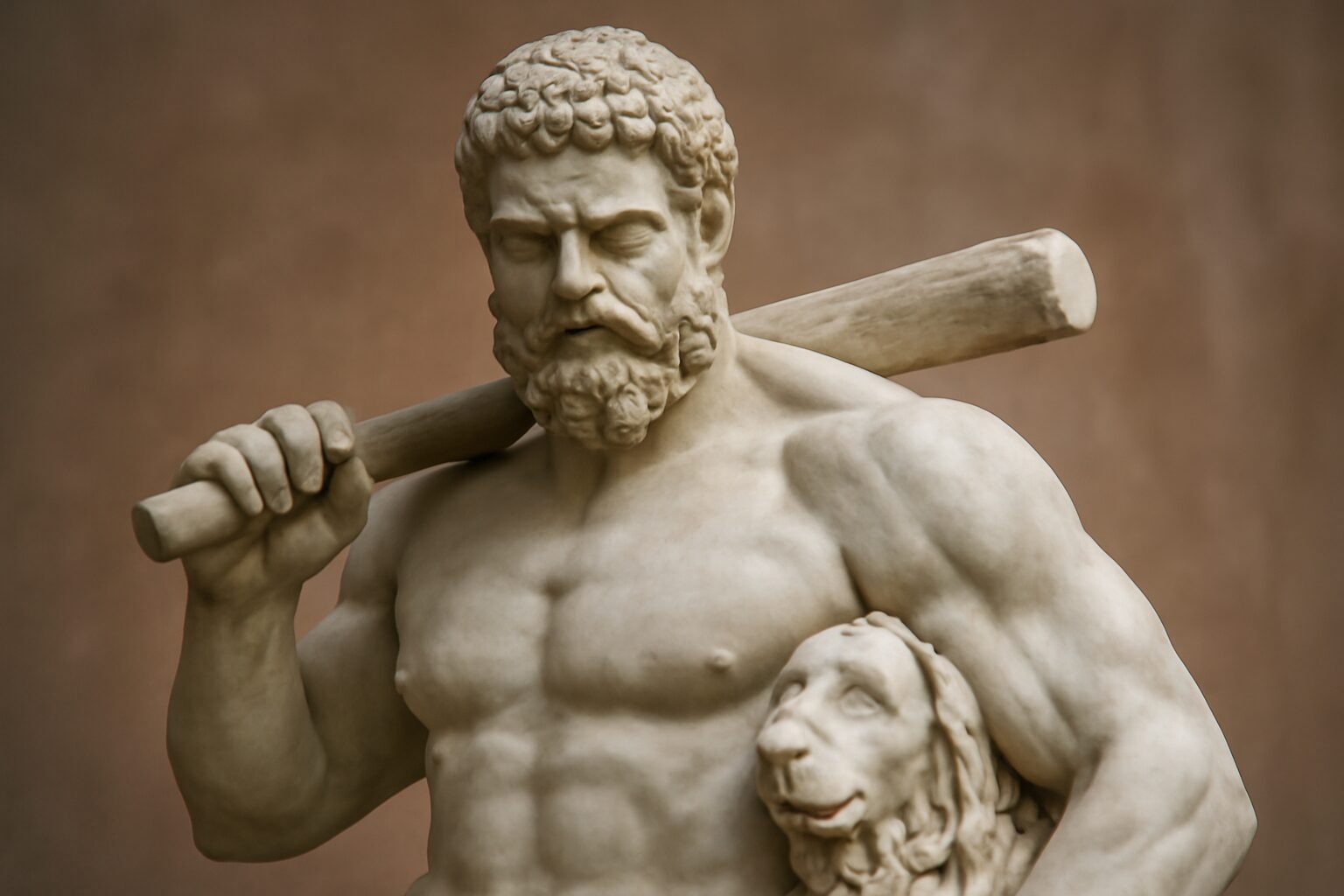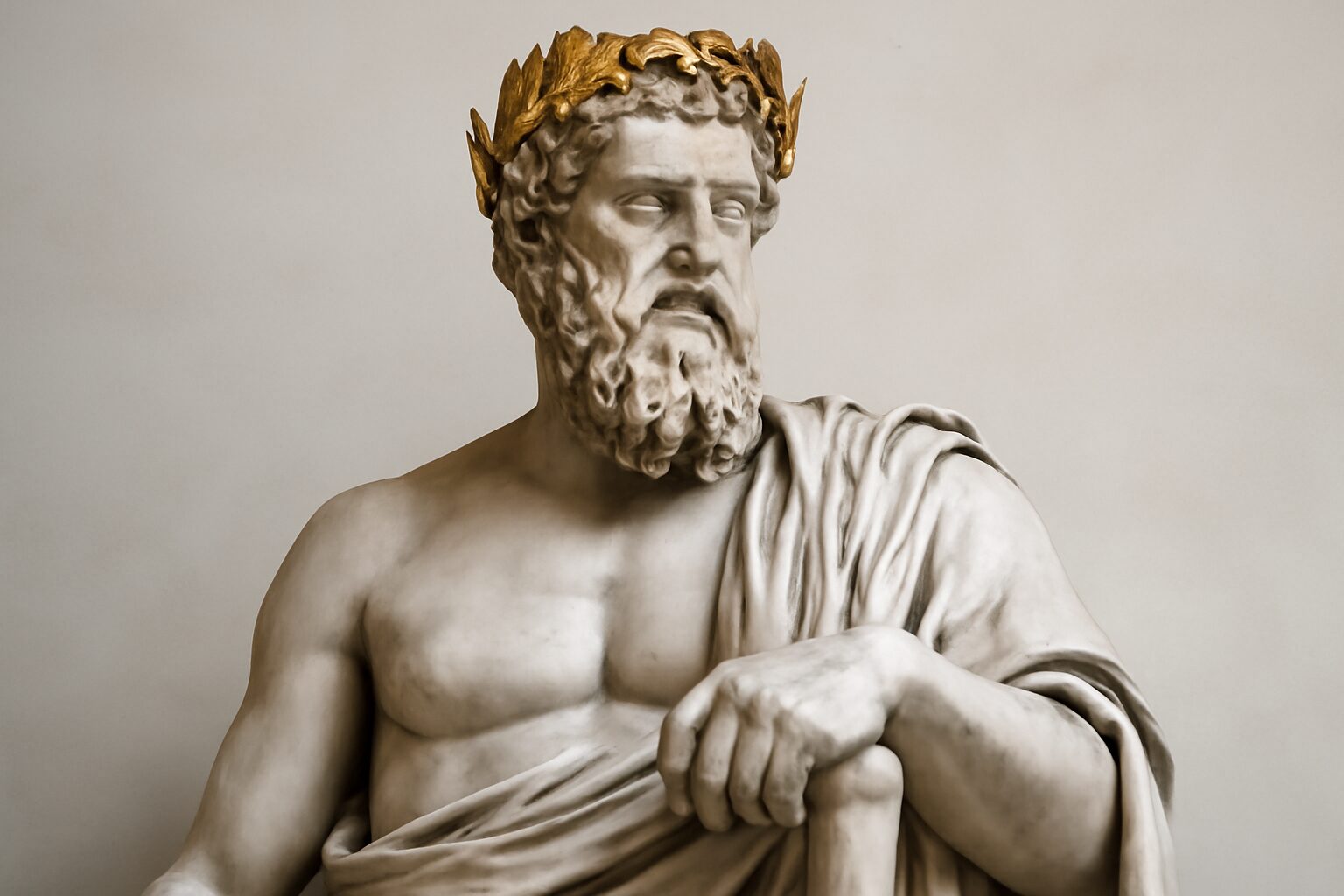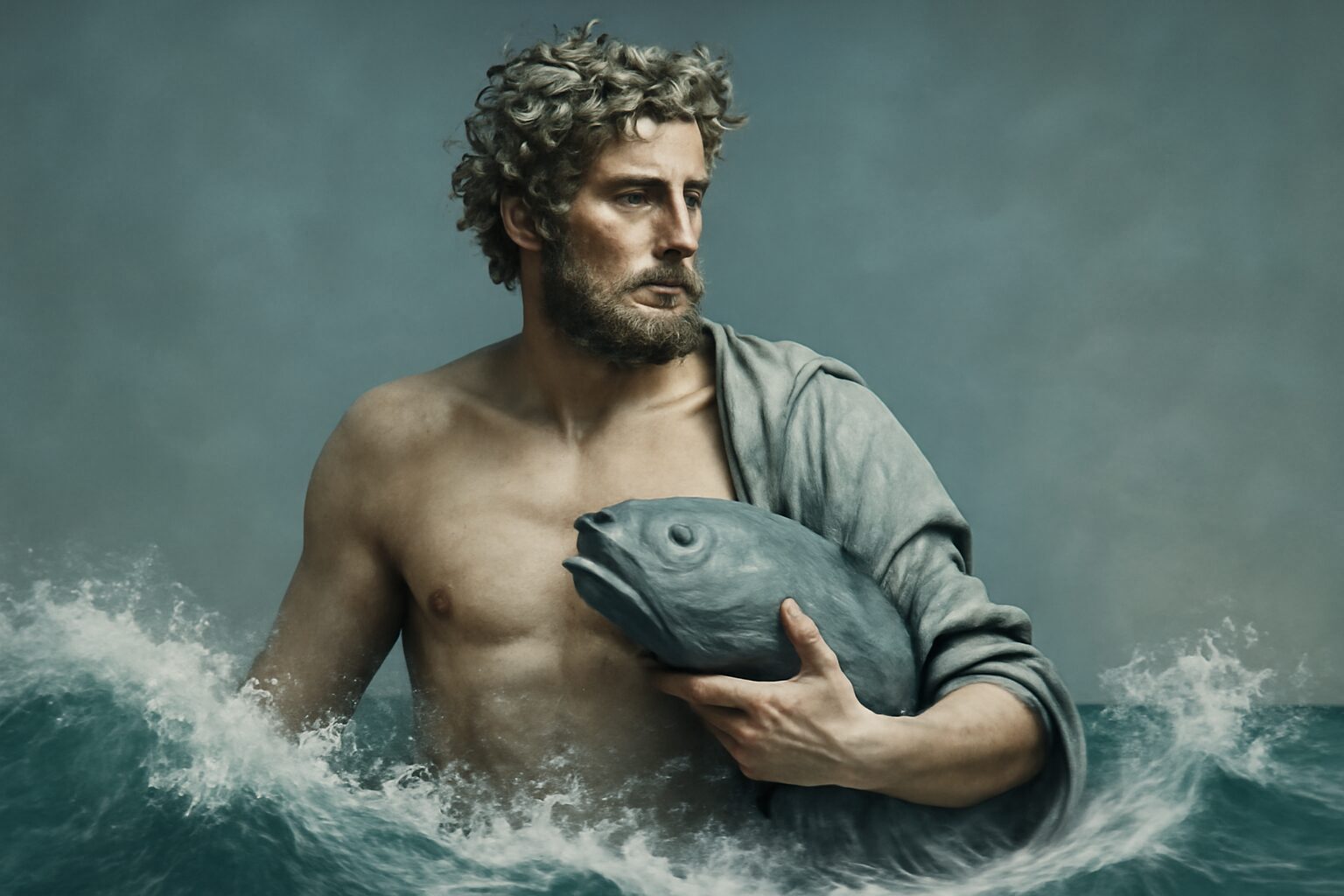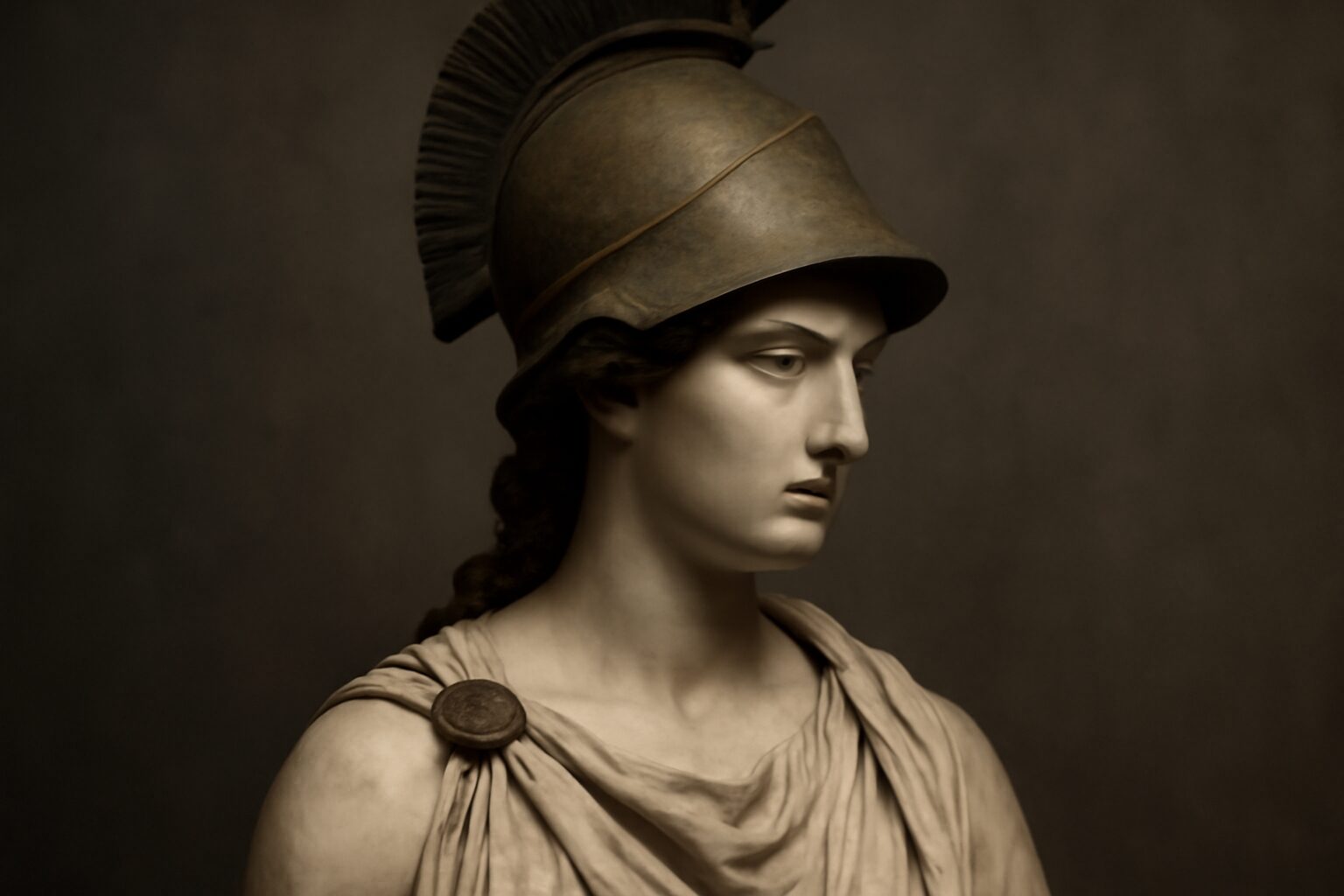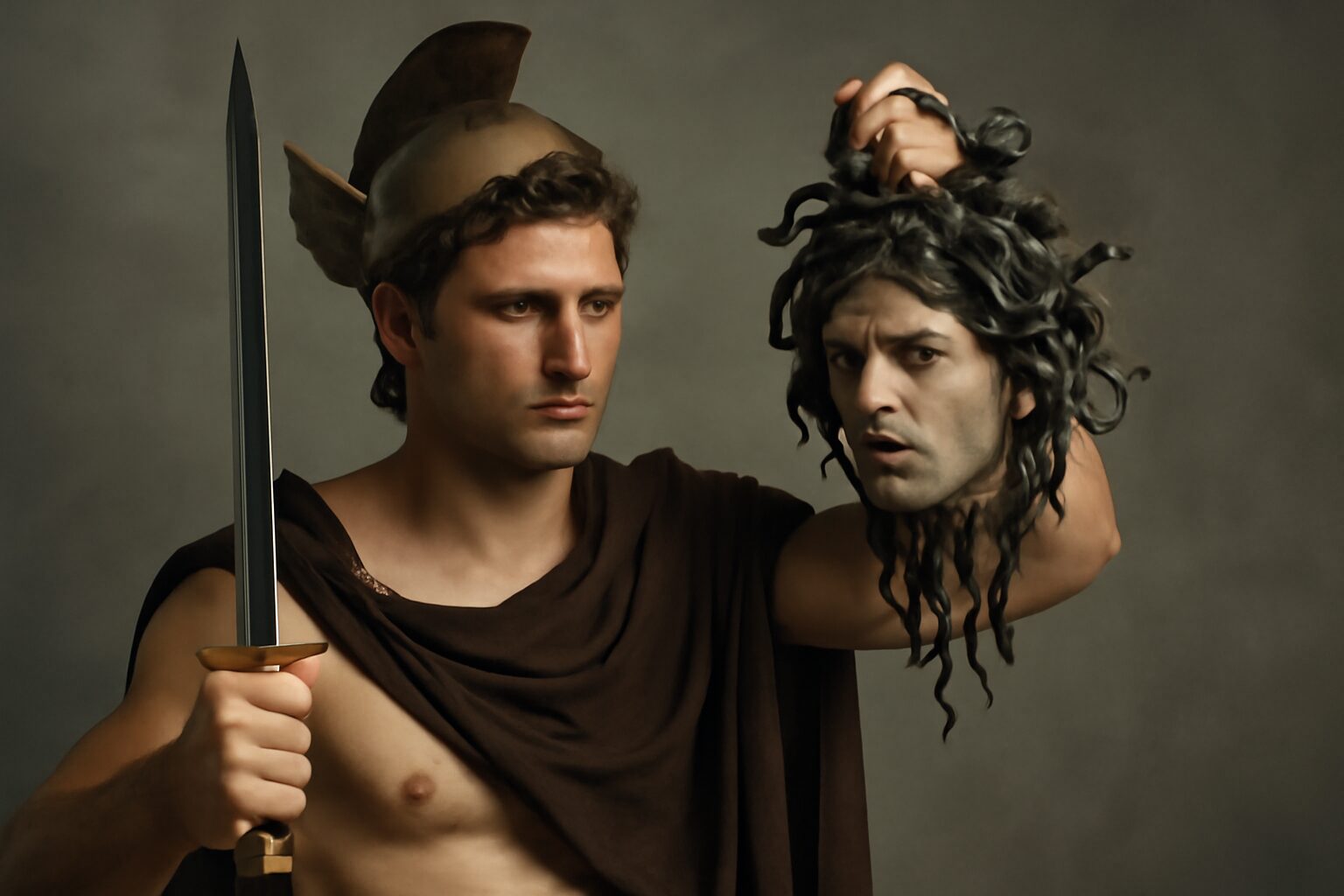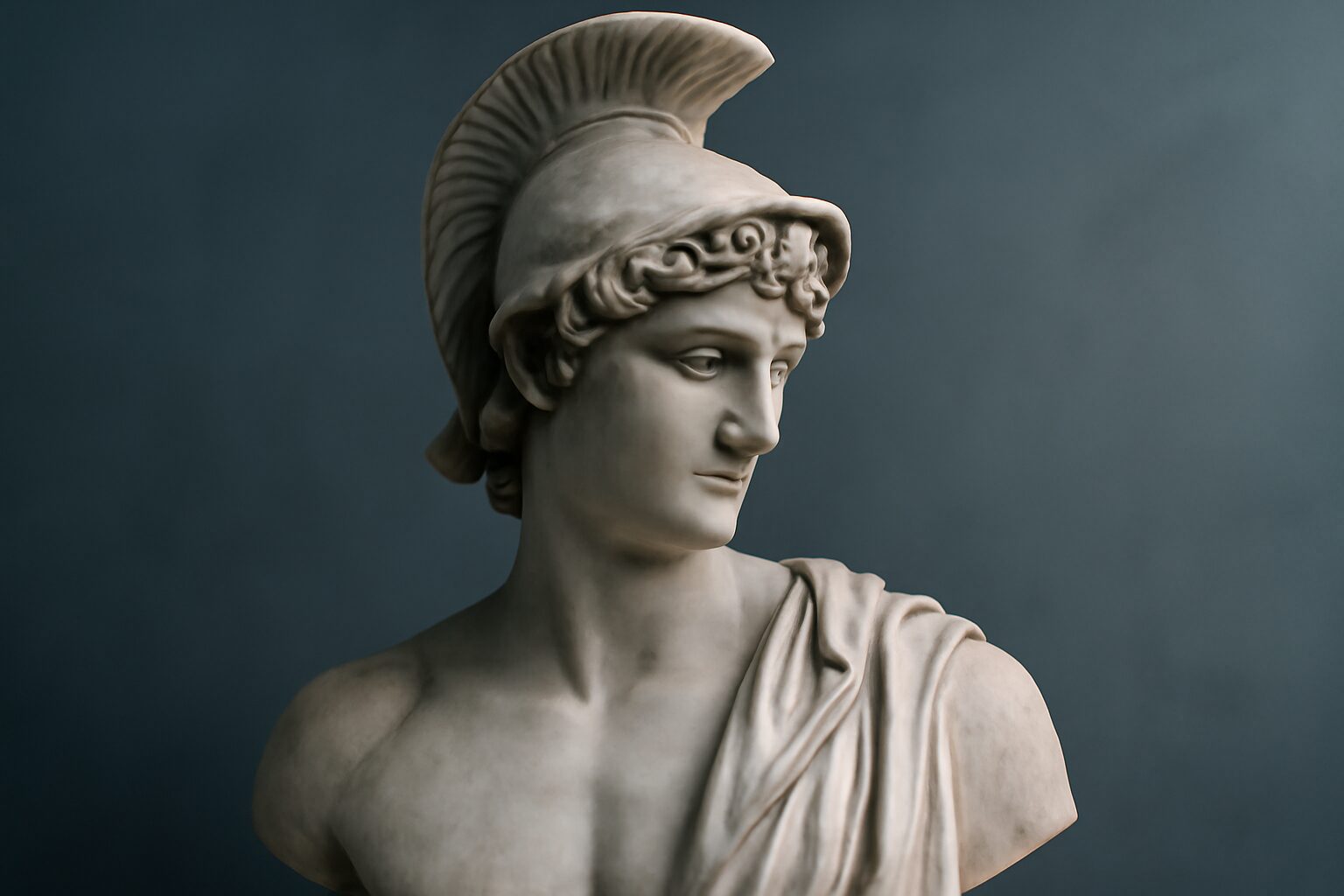Hemithea: The Mortal-Turned-Goddess of Greek Mythology
Hemithea, whose name means "half-goddess," is a lesser-known but fascinating figure in Greek mythology. Originally a mortal princess, she was transformed into a minor goddess, embodying themes of divine intervention, healing, and rebirth.
Origins and Transformation
Hemithea was born as Molpadia, the daughter of King Staphylus and Queen Chrysothemis of Naxos. According to legend, she and her sister Parthenos were placed in a chest and cast into the sea by their father, who mistakenly believed they had stolen his sacred wine. The sisters washed ashore in Chersonesus, where they were rescued and raised by locals.
Tragedy struck when Parthenos died after being bitten by a snake. In her grief, Molpadia threw herself off a cliff—but instead of perishing, she was miraculously saved by the god Apollo, who transformed her into the goddess Hemithea, granting her divine status and healing powers.
Role and Worship
As Hemithea, she became a revered figure associated with healing and protection. She was particularly worshiped in the regions of Asia Minor, especially in the city of Castabus, where a sanctuary was dedicated to her. Pilgrims sought her aid for ailments, and her cult was linked to rites of purification and recovery.
Her myth reflects the Greek belief in the potential for mortals to attain divinity through virtue or divine favor. Unlike many gods, Hemithea’s origins as a human made her a relatable figure, bridging the gap between mortals and the divine.
Relationships and Significance
Hemithea’s story intertwines with that of Apollo, the god of healing and prophecy, who played a pivotal role in her apotheosis. Her connection to him underscores the importance of divine mercy and the transformative power of the gods in Greek mythology.
Though not as prominent as figures like Athena or Zeus, Hemithea’s tale offers a unique glimpse into the lesser-known corners of Greek myth, where mortal suffering could lead to divine grace. Her legacy endures as a symbol of hope, healing, and the unexpected ways the gods intervened in human lives.
Alternative Names for Hemithea
God Name: Molpadia (Greek)
Molpadia is an alternative name for Hemithea, derived from her original mortal name before she was deified. According to myth, she was a princess who was transformed into a goddess to escape danger.
God Name: Semidea (Roman)
In Roman mythology, Hemithea was sometimes referred to as Semidea, a Latinized version of her name, reflecting her semi-divine status as a mortal who became a goddess.
God Name: Parthenos (Greek)
Parthenos, meaning 'virgin,' was another epithet for Hemithea, emphasizing her purity and divine transformation in certain regional cults.
Tales about Hemithea
The Healing of Molpadia
Hemithea, originally named Molpadia, was a mortal princess of Naxos who faced a tragic fate when her father, King Staphylus, discovered her unwed pregnancy. In a desperate attempt to escape his wrath, she leaped from a cliff into the sea. But Apollo, who had fathered her child, intervened—transforming her into the goddess Hemithea, "the demi-goddess."
A Divine Sanctuary
As Hemithea, she established a sanctuary in Castabus, where she became renowned for her healing powers. Pilgrims traveled far to seek cures, and her fame grew so great that Asclepius, the god of medicine himself, visited her temple. Impressed by her compassion, he taught her advanced healing arts, blending divine and mortal remedies to save countless lives. Her sanctuary also drew the attention of Techne, the spirit of craft and invention, who shared techniques for creating healing instruments, and Eupraxia, the personification of well-being, who blessed the temple with an aura of tranquility. Paeon, the physician of the gods, occasionally visited to offer his divine insights, strengthening Hemithea's connection to the pantheon's healing traditions.
The Storm and the River God
During a voyage to Rhodes, Hemithea’s ship was caught in a violent storm sent by an angered Poseidon. As waves threatened to shatter the vessel, she prayed to the river god Achelous, who calmed the waters and guided her to safety. In gratitude, Hemithea founded a shrine at the river’s mouth, where sailors would later offer prayers for safe passage.
A Bond of Protection
Achelous, moved by her devotion, gifted Hemithea a horn filled with enchanted water that could heal any wound. This alliance between the demi-goddess and the river deity became legendary, symbolizing the harmony between land and sea. Their friendship ensured that the coasts remained protected, and Hemithea’s name was forever linked to sanctuary and renewal. Over time, Thoosa, a swift sea nymph, joined their efforts, using her agility to warn sailors of approaching dangers, while Soteria, the goddess of safety and preservation, extended her blessings to all who sought refuge at the shrine. Eirene, though not in the original list, would have been a fitting addition for peace, but from the provided deities, Eucleia, the spirit of good repute, also became associated with the site, honoring Hemithea's virtuous legacy.
Frequently Asked Questions
Who is Hemithea in Greek mythology?
Hemithea was a deified mortal in Greek mythology, originally a princess named Molpadia. She was transformed into a minor goddess after her death, often associated with healing and protection.
What does it mean to be a deified mortal in Greek mythology?
Deified mortals were humans who were granted godhood or semi-divine status due to their extraordinary deeds, virtues, or connections to the gods. This was a rare honor in Greek myths, blurring the line between humans and deities.
Why is Hemithea important in Greek mythology?
Hemithea represents the Greek belief that exceptional humans could attain divine status. Her story illustrates how mortals could be rewarded by the gods and shows the connection between human and divine realms in Greek religion.
What can we learn from stories about deified mortals like Hemithea?
These stories teach us about ancient Greek values - that heroism, virtue, and special relationships with the gods could elevate humans beyond mortal limitations. They also show how Greeks explained exceptional individuals in their society.
How do stories of deified mortals apply to modern life?
While we don't literally believe in deification today, these myths remind us that human potential can be extraordinary. They parallel modern concepts of legacy, inspiration, and how exceptional people can become cultural icons.

